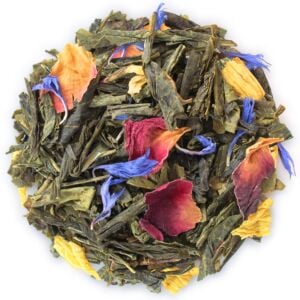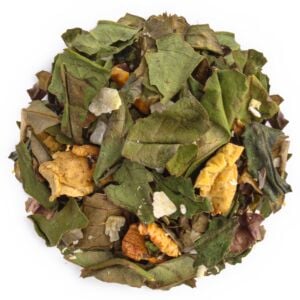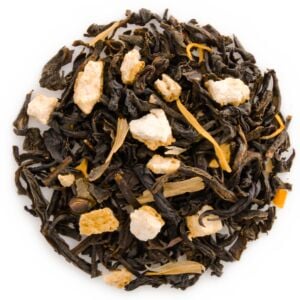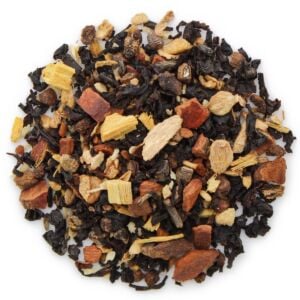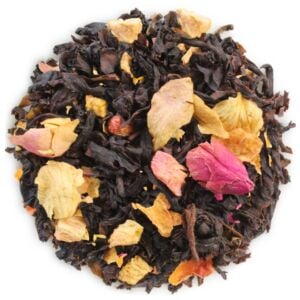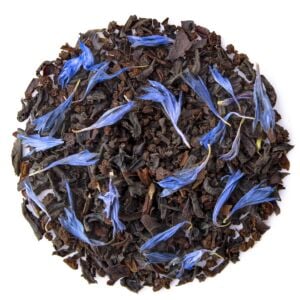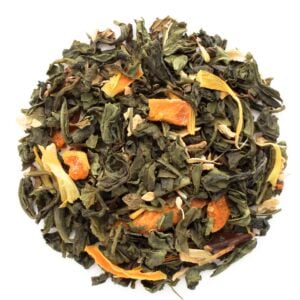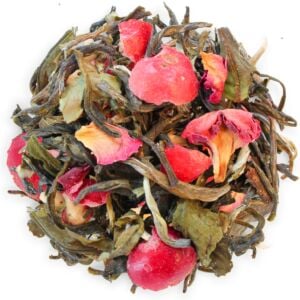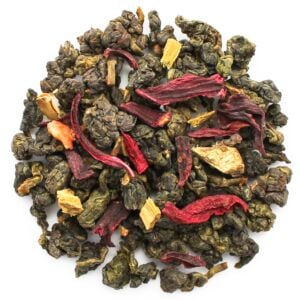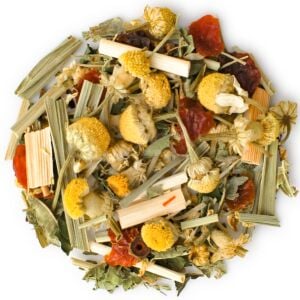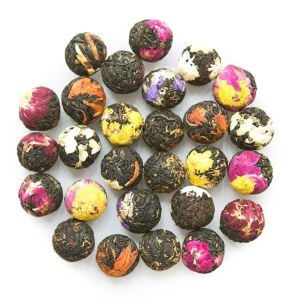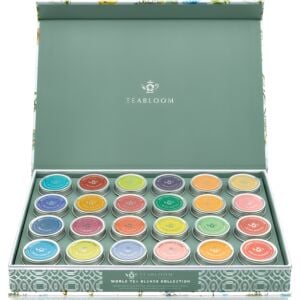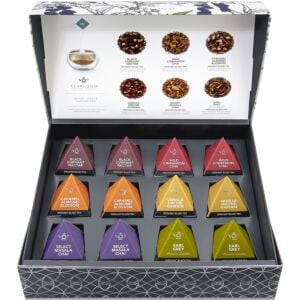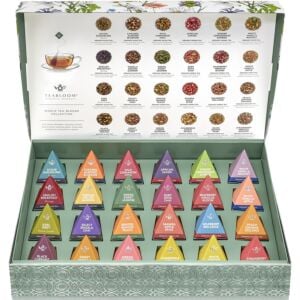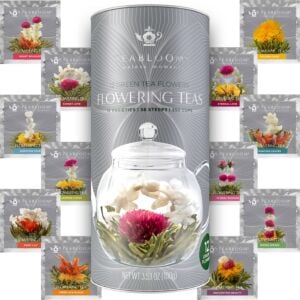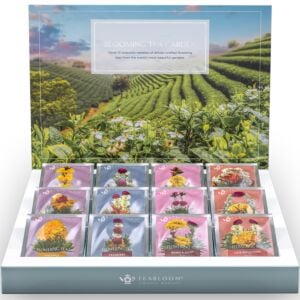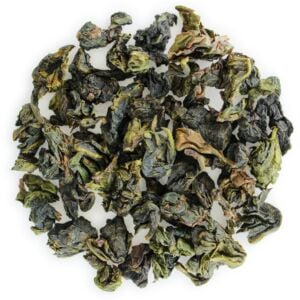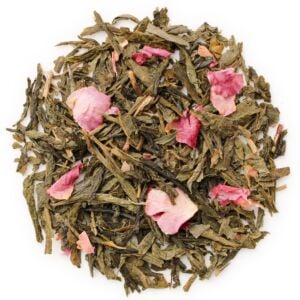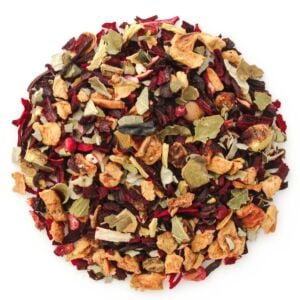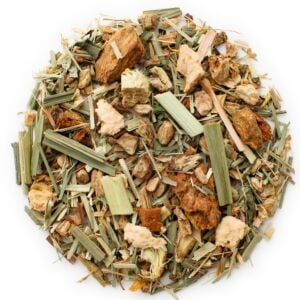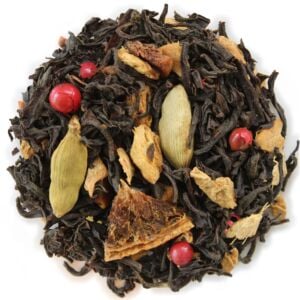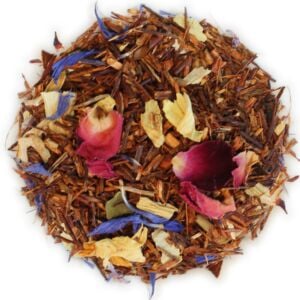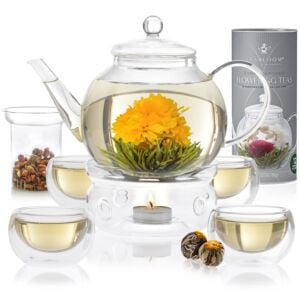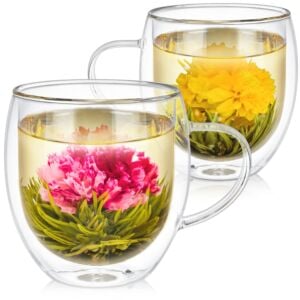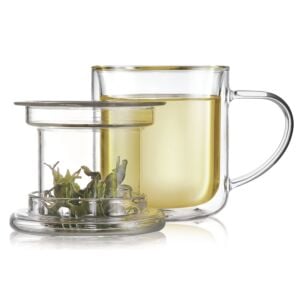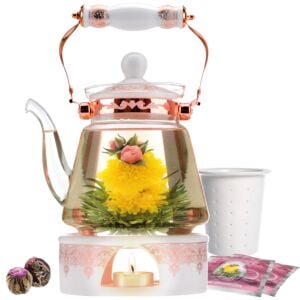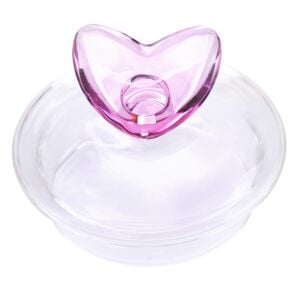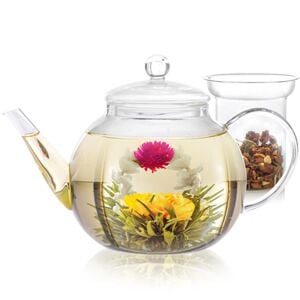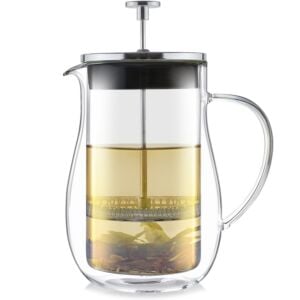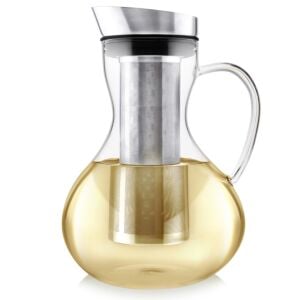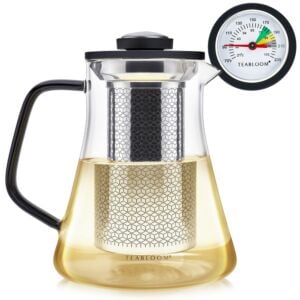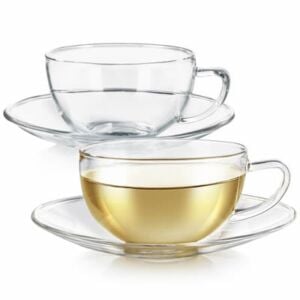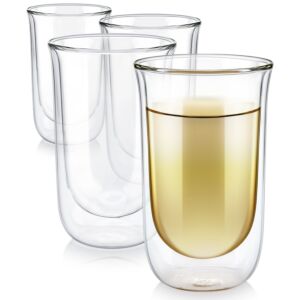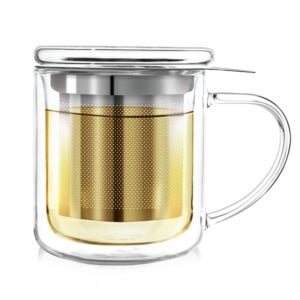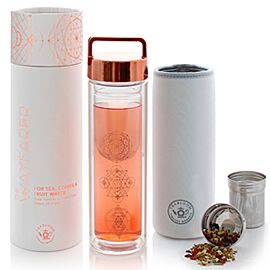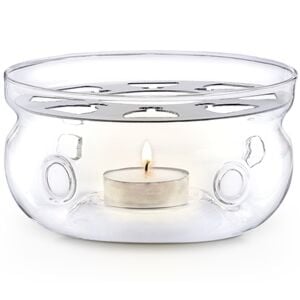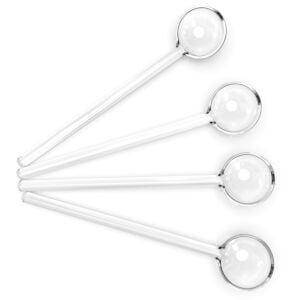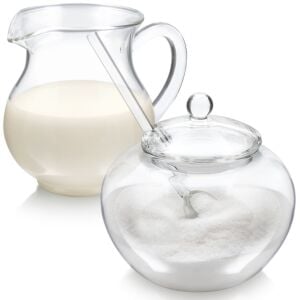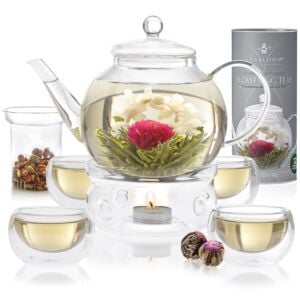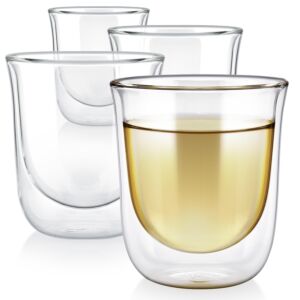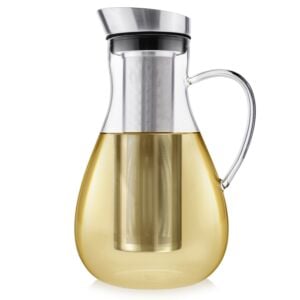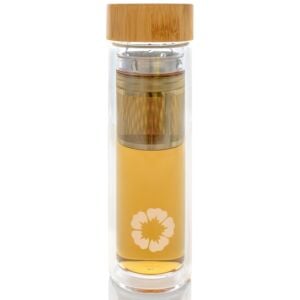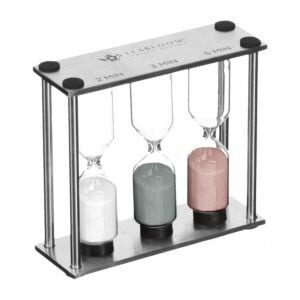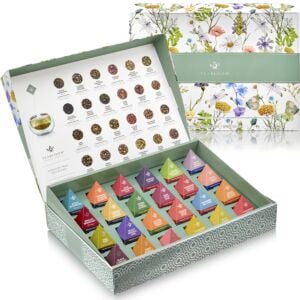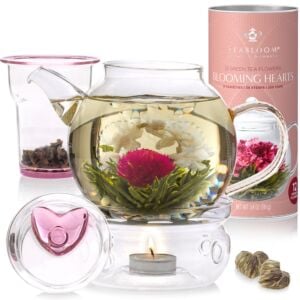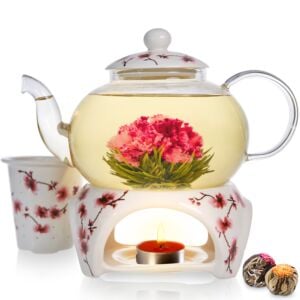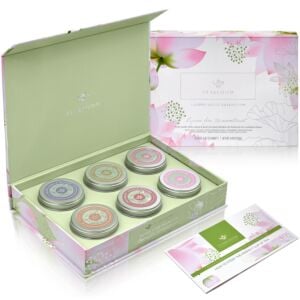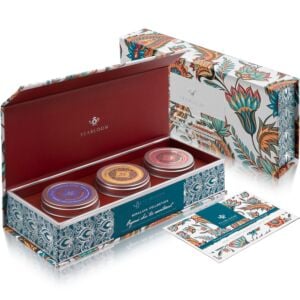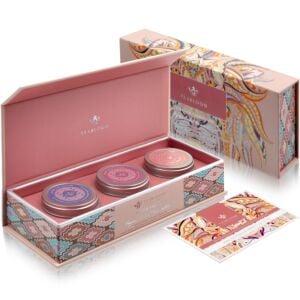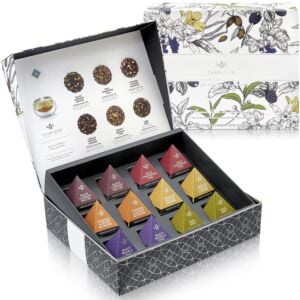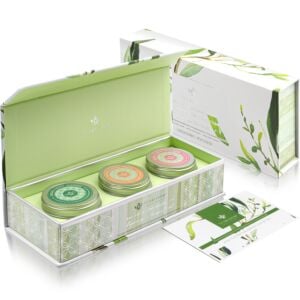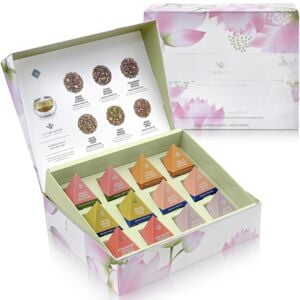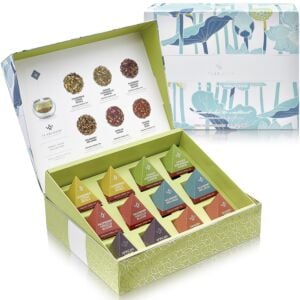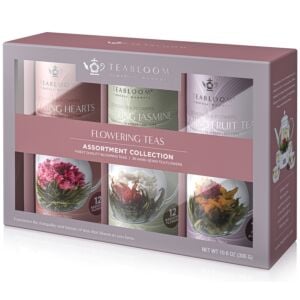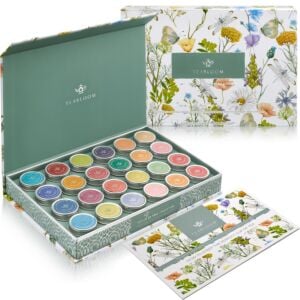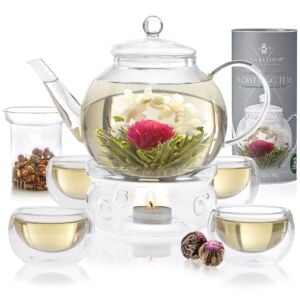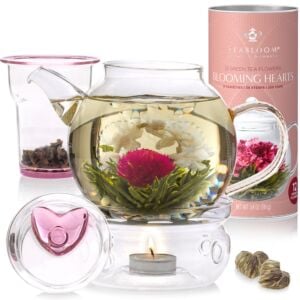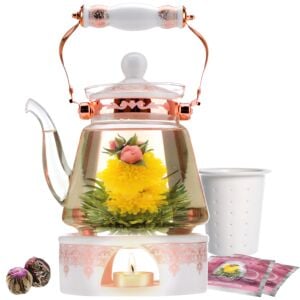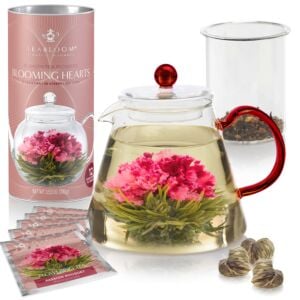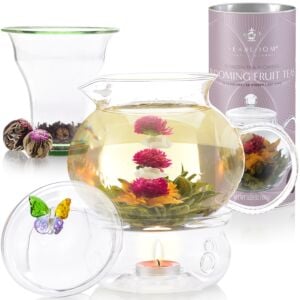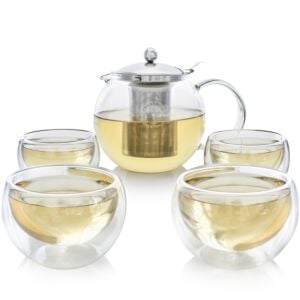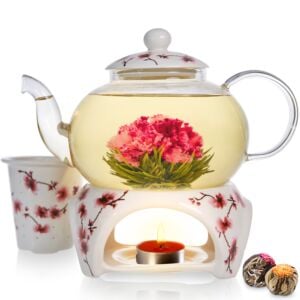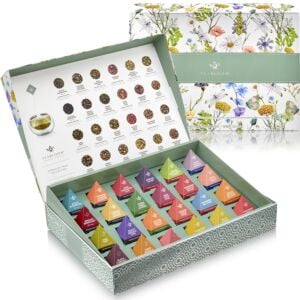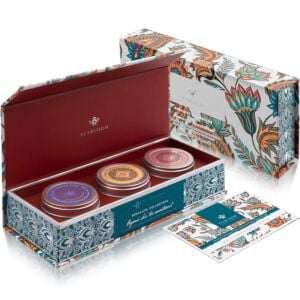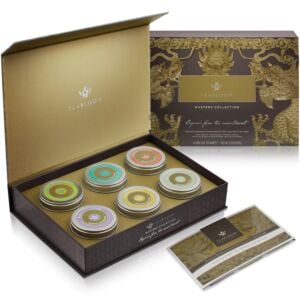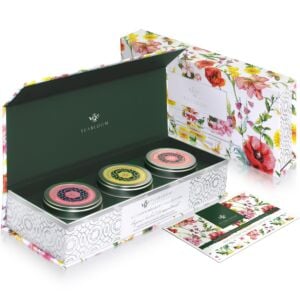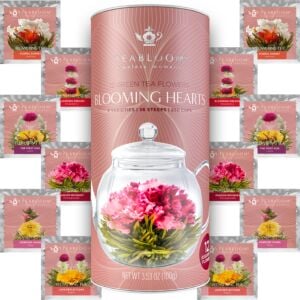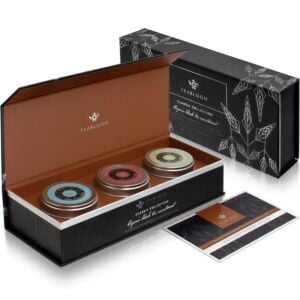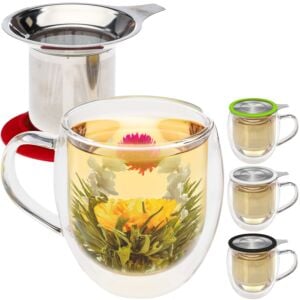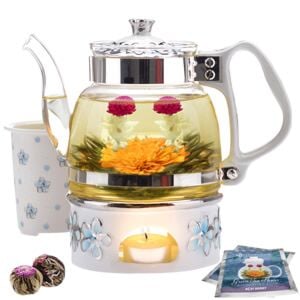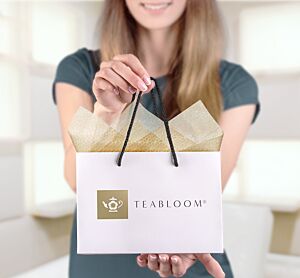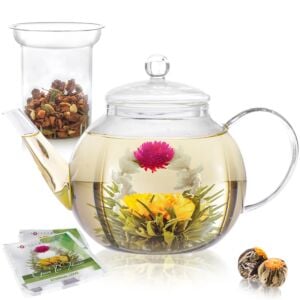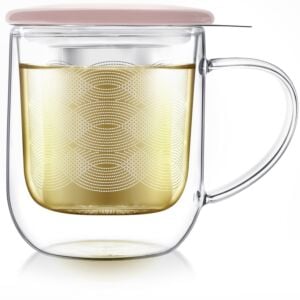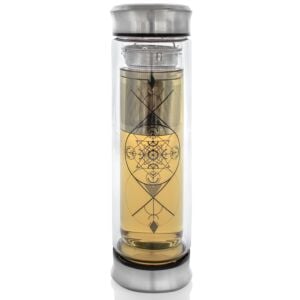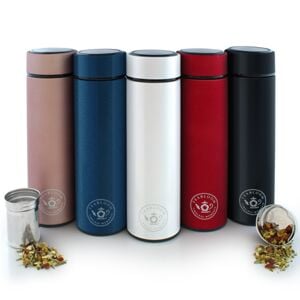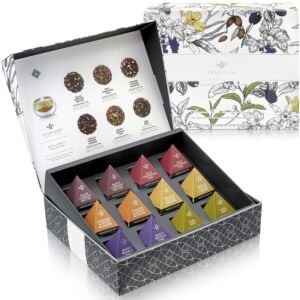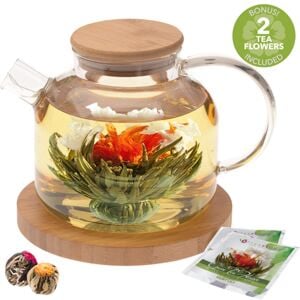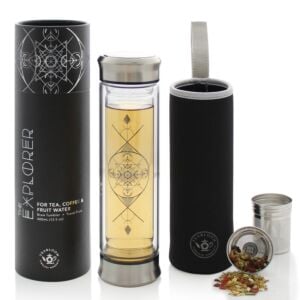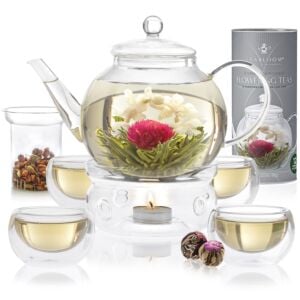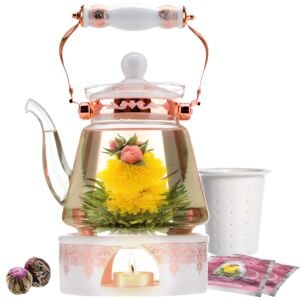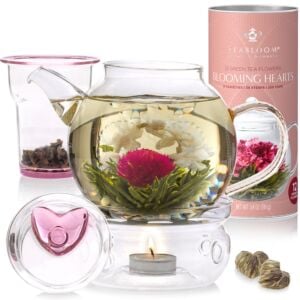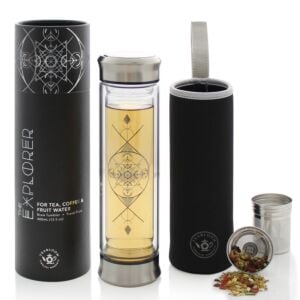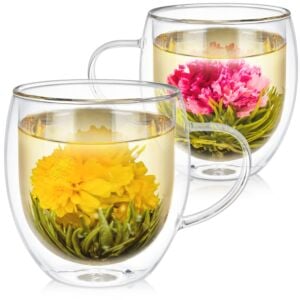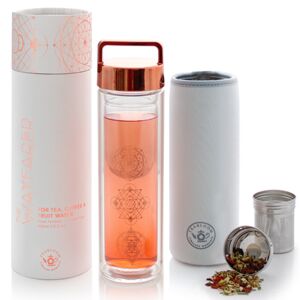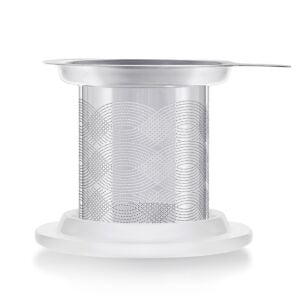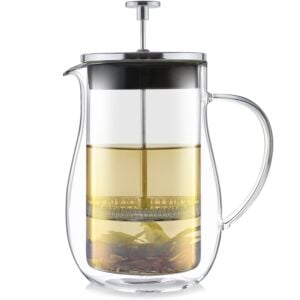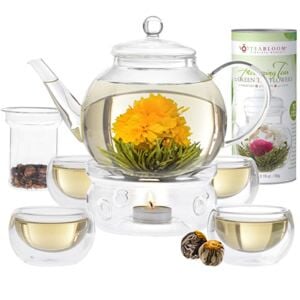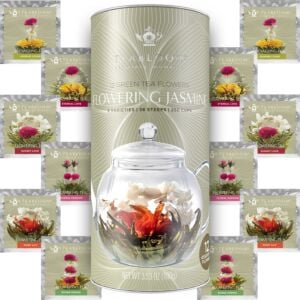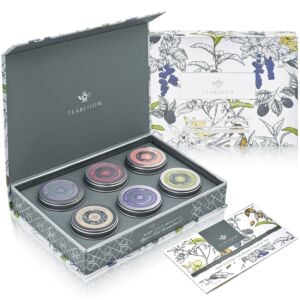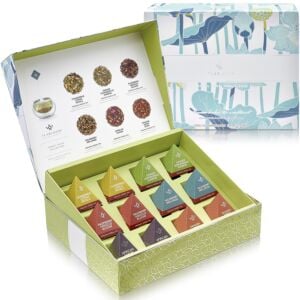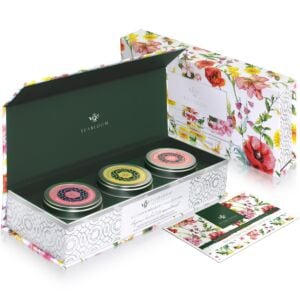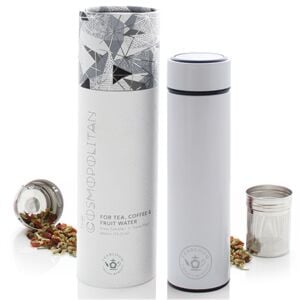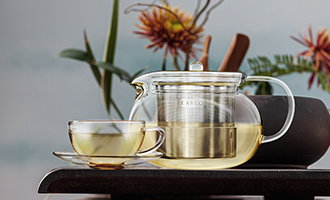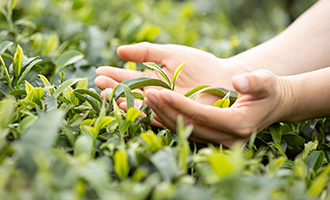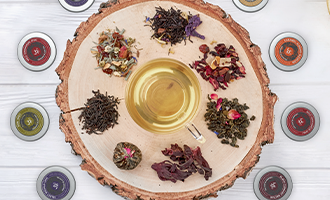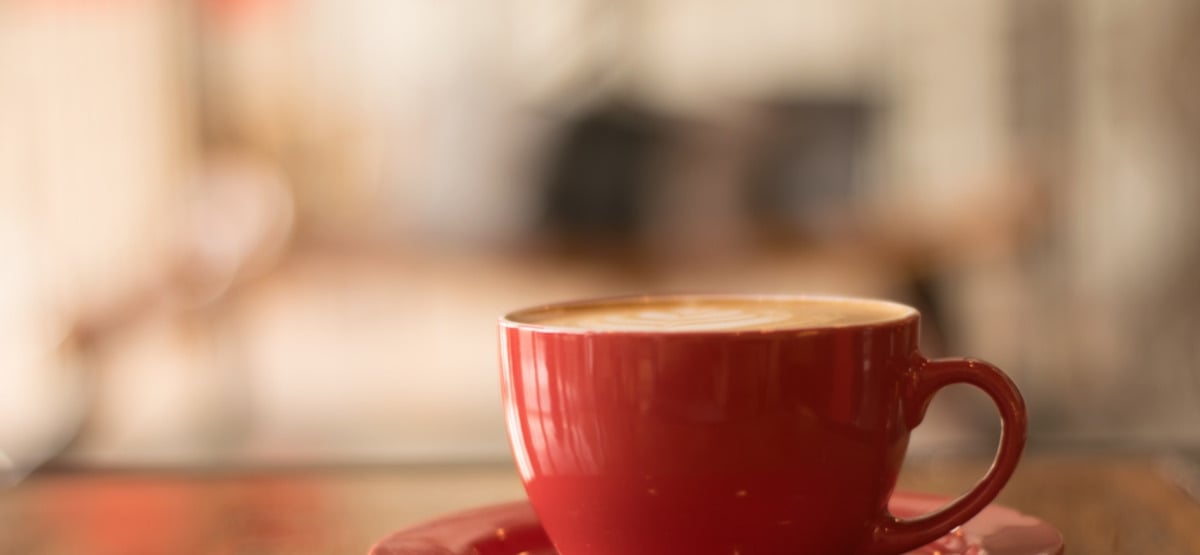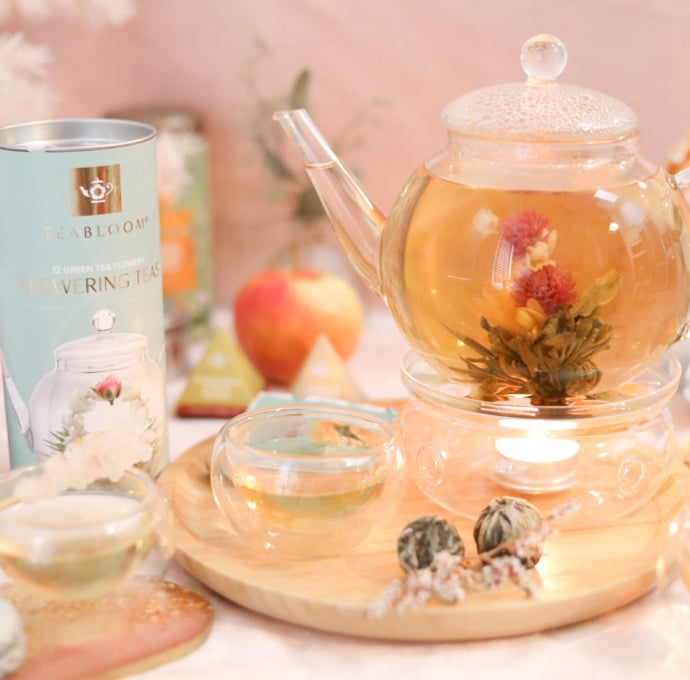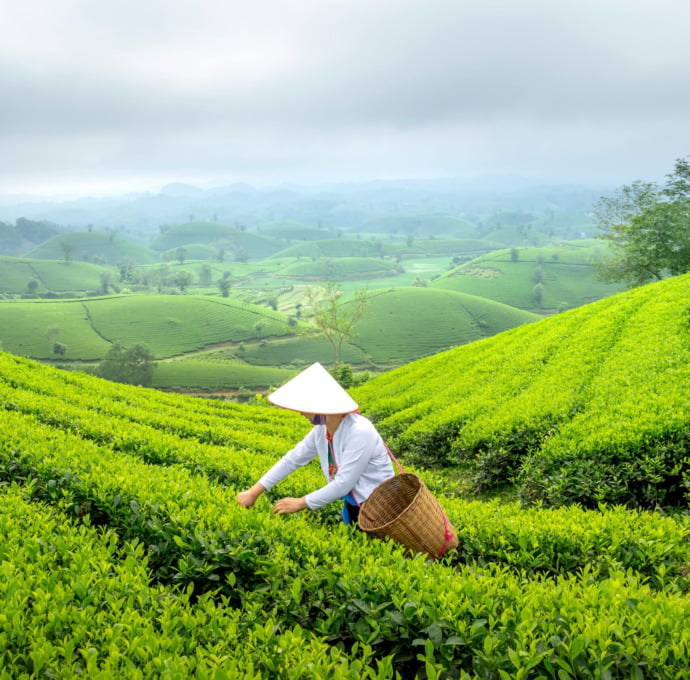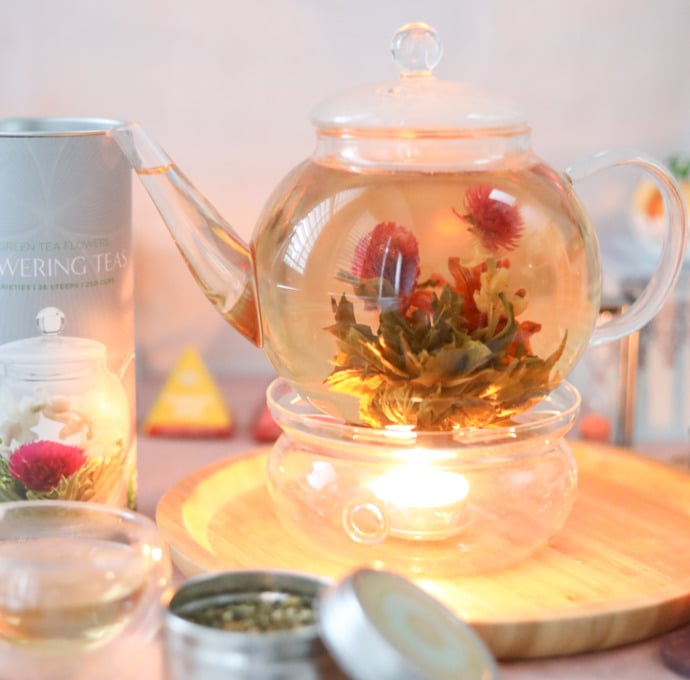Most Popular Tea Caffeine Myths
TEATIME NOTES
Find tips, recipes, and articles to increase your delight and enjoyment of tea.
Most Popular Tea Caffeine Myths
 Caffeine is the world’s most popular psychostimulant. Naturally, it has both pros and cons. Because of health reasons, some people have to lower their daily caffeine intake. The fact that tea has less caffeine content than coffee is largely understood by tea drinkers. However, there are still some remaining myths regarding caffeine in tea. So, here are the most popular tea caffeine myths to date.
Caffeine is the world’s most popular psychostimulant. Naturally, it has both pros and cons. Because of health reasons, some people have to lower their daily caffeine intake. The fact that tea has less caffeine content than coffee is largely understood by tea drinkers. However, there are still some remaining myths regarding caffeine in tea. So, here are the most popular tea caffeine myths to date.
How does Caffeine Work?
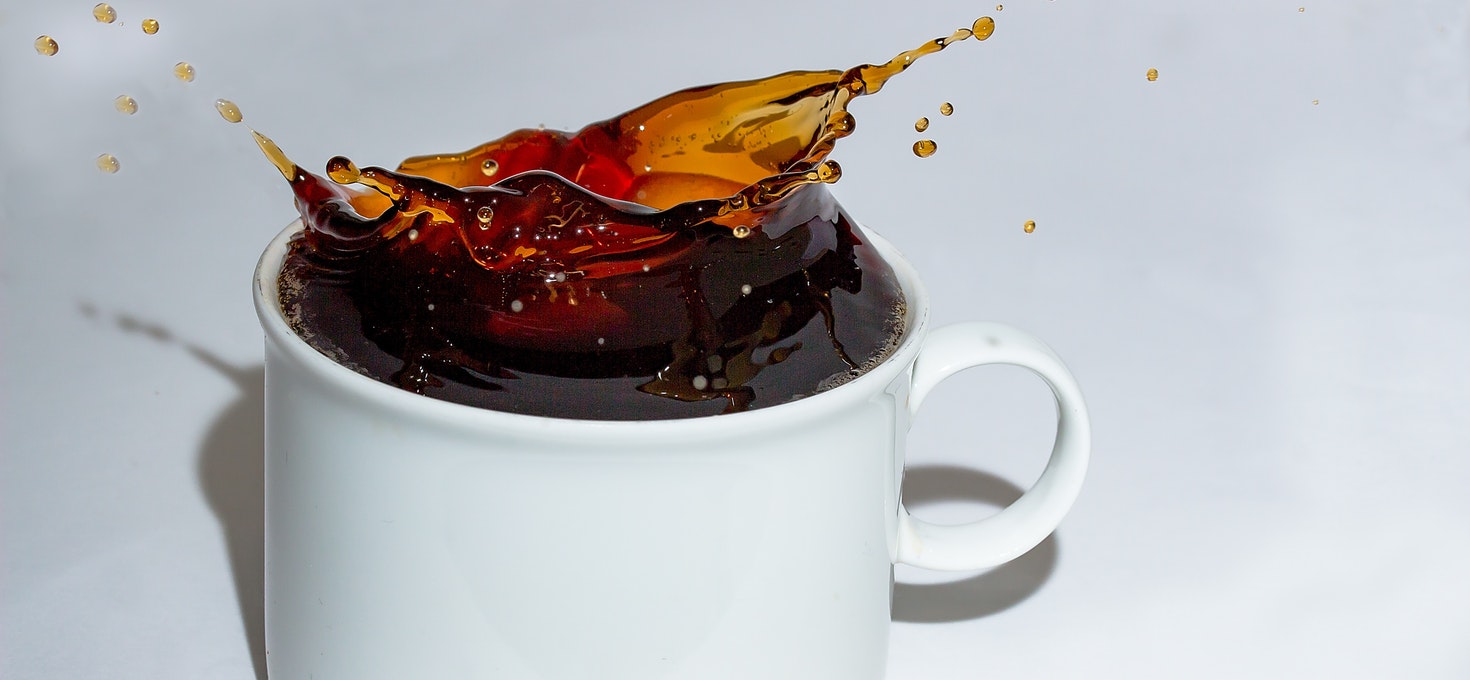 First, we need to understand how caffeine works. Our brains naturally produce a compound called adenosine which slows down our central nervous system and induces sleep. Caffeine works by stimulating our central nervous system by temporarily blocking the effect of adenosine and hence stops us from feeling sleepy and improves our alertness.
First, we need to understand how caffeine works. Our brains naturally produce a compound called adenosine which slows down our central nervous system and induces sleep. Caffeine works by stimulating our central nervous system by temporarily blocking the effect of adenosine and hence stops us from feeling sleepy and improves our alertness.
Caffeine: Coffee vs. Tea
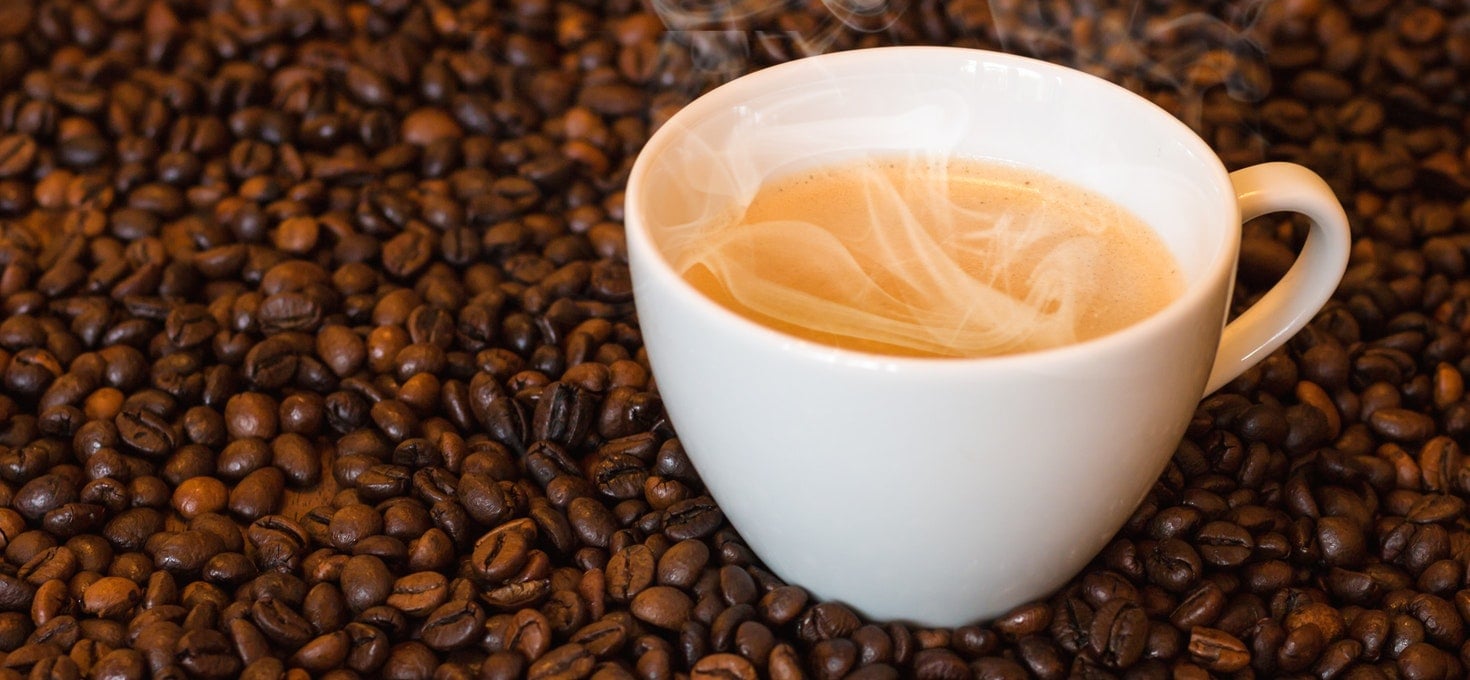 Caffeine naturally occurs in both tea and coffee plants. The question is which one contains more caffeine? Natural tea leaves have more caffeine than raw coffee beans. However, by the time it reaches your cup or mug, a cup of coffee would contain double the amount of caffeine than a cup of tea. This is due to the fact that for the same cup you use rather more grams of coffee than grams of tea.
So, here are some of the most popular tea caffeine myths:
Caffeine naturally occurs in both tea and coffee plants. The question is which one contains more caffeine? Natural tea leaves have more caffeine than raw coffee beans. However, by the time it reaches your cup or mug, a cup of coffee would contain double the amount of caffeine than a cup of tea. This is due to the fact that for the same cup you use rather more grams of coffee than grams of tea.
So, here are some of the most popular tea caffeine myths:
Myth #1: Tea has more caffeine than coffee
Fact. Tea by weight has more caffeine than coffee. But, per cup it is about 1/3 to 1/2 the amount of a cup of coffee. Also, some teas have more caffeine than some coffee, so it actually depends on the tea or coffee blend.Myth #2: White tea has less caffeine than other types of tea
This myth is quite widespread, even among some major tea companies. White tea is made with leaf buds, which naturally have more caffeine than older leaves. As a result, white tea should have the same or more caffeine than other types of tea. Either way, it’s very difficult to determine which tea has more caffeine than another based on the type alone.Myth #3: Decaffeinated tea has no caffeine
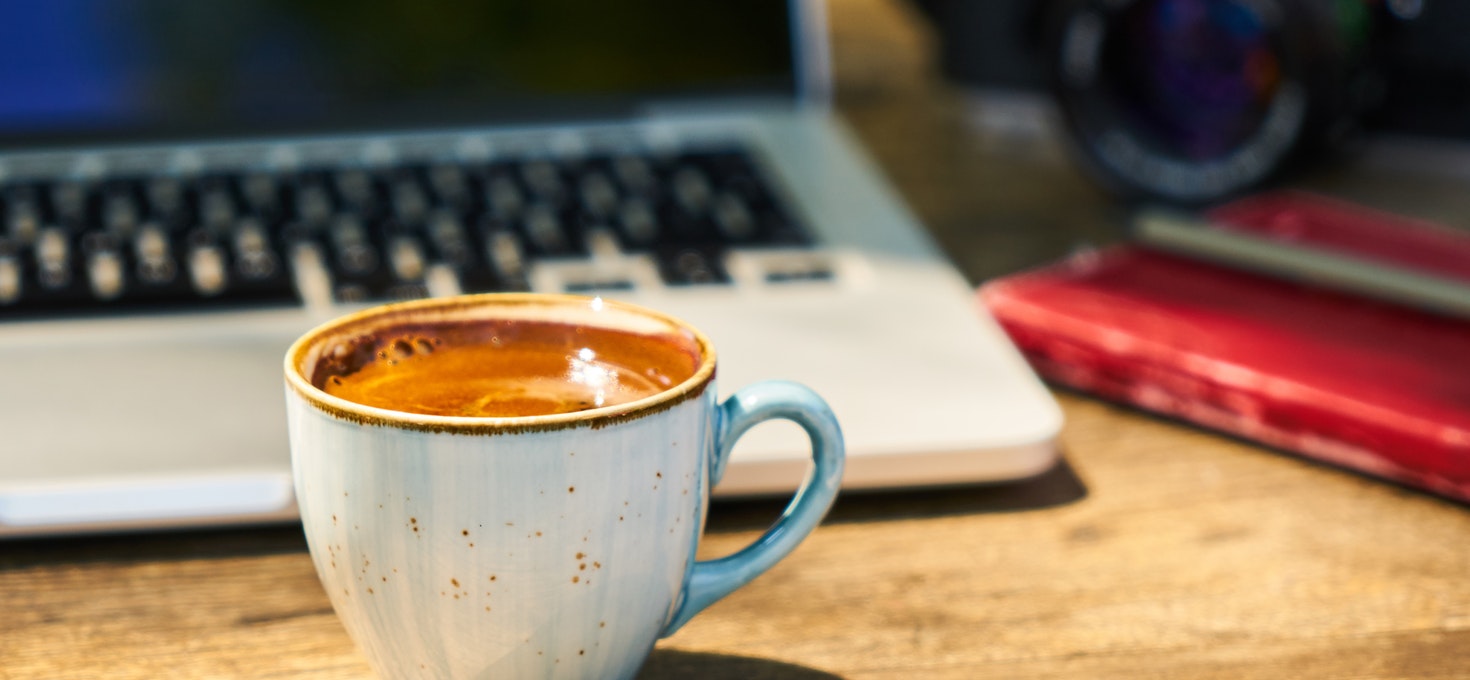 Decaffeinated tea still has some caffeine left. Although the process to decaffeinate tea will take most of it out, but not 100%. It is true that decaffeinated teas are more expensive and sometimes the flavor will be altered in the process.
These were some of the most popular tea caffeine myths. As people become more educated with their palates, tea will be more understood and appreciated. So take a break, make a cup and sip tea while you think what a beautiful drink it is.
For more tea knowledge, make sure to visit Teabloom.
Decaffeinated tea still has some caffeine left. Although the process to decaffeinate tea will take most of it out, but not 100%. It is true that decaffeinated teas are more expensive and sometimes the flavor will be altered in the process.
These were some of the most popular tea caffeine myths. As people become more educated with their palates, tea will be more understood and appreciated. So take a break, make a cup and sip tea while you think what a beautiful drink it is.
For more tea knowledge, make sure to visit Teabloom.
